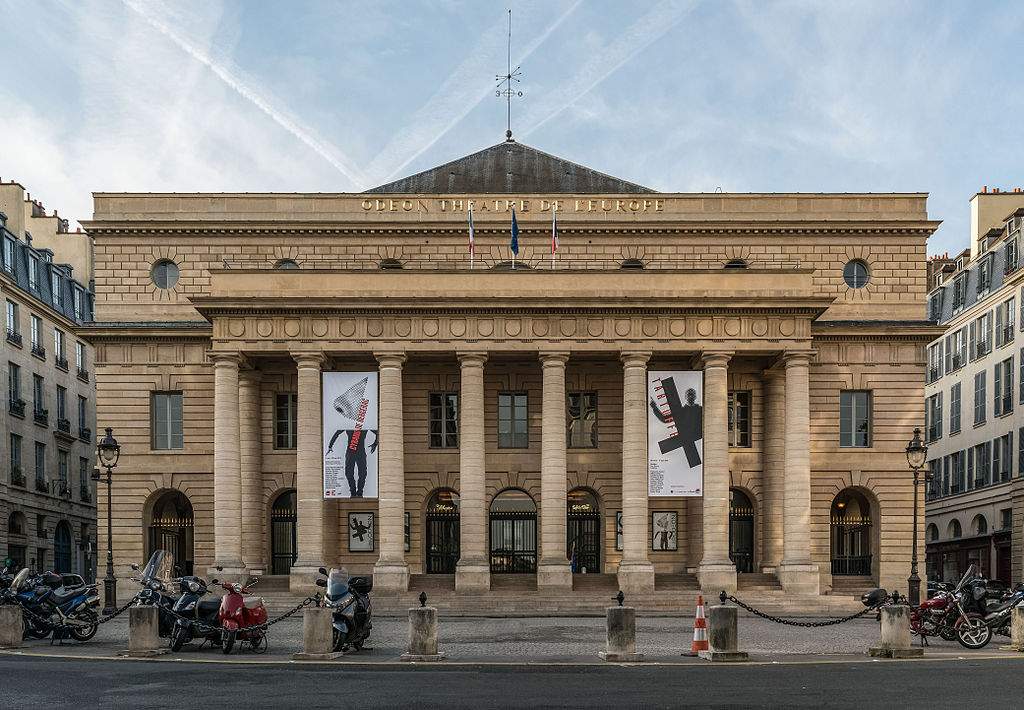Thehealth emergency over coronavirus Covid-19 has now affected all European countries indiscriminately, since viruses know no borders. Italy was the first country to close all cultural venues, and it was also the first country to take steps to help the sector, which is among the hardest hit by the crisis: with the “Cure Italy” decree, in particular, the government provided a 600-euro allowance to precarious workers as well as entertainment workers; the suspension of payments, withholdings, social security contributions and compulsory insurance premiums to those who run theaters, cinemas, and concert halls; the establishment of the Integrated Promotion Fund with 150 million euros for an extraordinary communication campaign to support exports and to strengthen activities promotion of the country system; vouchers for ticket reimbursement for theaters, cinemas, museums and various shows; and the two new emergency funds for cinema and entertainment at MiBACT, one current (to support operators) and one capital (for investments aimed at revitalization), with an allocation of 130 million euros.
How are other European countries reacting to the crisis that will inevitably affect the culture sector? Among the first to move was France: culture minister Franck Riester announced 22 million euros in aid, 10 of which was for the music sector (part of the larger 45 billion euro plan to support workers and businesses). Paris also decided on a suspension of ticket tax payments for the month of March, and still 5 million euros were earmarked for the emergency for the entertainment sector. Also established was an emergency fund, also 5 million euros, for the publishing sector (it will go to support publishers, authors and booksellers). Another 2 million is earmarked for a fund for art galleries.
In Germany, Culture Minister Monika Grütters last week promised funding for struggling cultural institutions and artists, and asked the government to be able to convene a table with trade associations to discuss what aid should be granted to the sector. It will probably go toward aid in the form of cash assistance guaranteed by the Kreditanstalt für Wiederaufbau (a state-owned development bank), but an aid package for the self-employed and small businesses in the sector has also been announced, which will fall under the broader umbrella of a series of measures to help the economy recover. At the moment, however, nothing is set in stone.
The U.K. has established a £330 billion loan fund to guarantee loans of up to £25,000 for small businesses, and has decreed the cancellation, for one year, of the tax on properties for commercial use, many of which are used by cultural institutions. At the moment, however, there are no specific measures for the cultural sector, where, in the country, one-third of workers are freelancers, and which, as everywhere else in the world, is in danger of being severely affected (a survey conducted by the Creative Industries Federation found that 54 percent of workers fear that their earnings will be cut in half).
In Portugal, there are no detailed measures for culture yet, but the government has announced measures for businesses and workers: in particular, workers who have to stay home to care for children under 12 will receive 66 percent of their wages (half paid by the company and half paid by the state). Also assured 100% of wages for those who have to stay in quarantine. In contrast, no specific measures have been taken for precarious workers.
Sweden has also not provided special packages for culture, but has begun to take steps to support workers. In particular, it has opened the possibility for companies to defer their employees’ contribution payments, payroll tax payments, and value-added tax payments. The measures are retroactive to January 1, so Sweden has made it so that companies that have paid taxes from January to March and are in trouble can get refunds from the Swedish Revenue Agency. A fund of 5 billion kronor (450 million euros) has also been opened to guarantee loans to airlines, one of the most distressed sectors.
Pictured: Paris, the Odeon Theater. Ph. Credit
 |
| Here's how European countries are helping culture cope with the coronavirus emergency |
Warning: the translation into English of the original Italian article was created using automatic tools. We undertake to review all articles, but we do not guarantee the total absence of inaccuracies in the translation due to the program. You can find the original by clicking on the ITA button. If you find any mistake,please contact us.